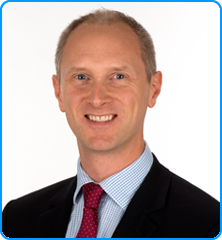Bladder Cancer for Clinicians
Bladder cancer is the tenth most common cancer in the UK. It can present in a number of ways, however the commonest presentation is with haematuria. New patients with haematuria can be referred in via the two week wait pathway under the CCG criteria. Patients will usually have a combination of a flexible cystoscopy and imaging to diagnose their bladder cancer.
Once diagnosed with bladder cancer, the patient will have the diagnosis discussed with them and will be invited to meet a cancer nurse specialist. The patient will, in most cases, then be booked for a trans-urethral resection of bladder tumour operation to remove histological tissue samples and treat the tumour.
Following this their case will be discussed at the Multi-disciplinary team meeting (Wednesdays), they will be risk stratified and then contacted with the results by our cancer nurse specialists.
Follow-up strategy and further treatment will depend a number of factors including; upon risk stratification, patient co-morbidities and patient wishes.
- Bladder cancer risk stratification -
- bladder cancer follow-up schedules -
- urine cystology guidance -
The bladder cancer team is:
Non-muscle invasive bladder cancer urology consultant surgeons – Miss H Burden, Mr F Qureshi and Miss K Warren
Robotic bladder cancer urology consultant surgeons – Mr J Aning, Mr A Koupparis, Mr E Rowe
Oncology Consultants – Dr A Challipalli, Dr A Bahl, Dr T Bird and Dr S Masson
The above consultant work as part of a team, including other doctors, surgeons, specialist nurses and healthcare professionals.




